Dhaka, August 27 -Today marks the 48th death anniversary of Kazi Nazrul Islam, the national poet of Bangladesh. On this day in 1976, Nazrul, often hailed as the 'Rebel Poet', passed away at the Bangabandhu Sheikh Mujib Medical University Hospital, formerly known as PG Hospital. From his fiery writings against British colonial rule to his inspiring words during the Bangladesh Liberation War, Nazrul's poems, songs, and revolutionary ideas have continued to inspire people across generations.
Nazrul was a progressive thinker who advocated for non-communal values and was renowned for his versatility in both Islamic ghazals and Shyama music. He opened new horizons in Bengali literature and music, pioneering a path that influenced countless others. Beyond poetry and music, Nazrul also made significant contributions to Bengali literature through his plays, novels, essays, and journalism, and enriched Bengali children's literature with his storytelling.
His literature vividly captured the anti-British movement in India, bringing the call for a renaissance to the people's doorsteps. Nazrul was more than a poet; he was a leader and a visionary who led society with a strong, unwavering spirit. His death marked the end of an era of rebellion in Bengali literature. In recognition of his contributions, the poet was buried with state honors beside the Central Mosque of Dhaka University, where he rests eternally.
Born in the village of Churulia in Bardwan district, West Bengal, in 1899 (1306 Bengali year), Nazrul was fondly nicknamed 'Dukhu Mia' by his parents, Kazi Fakir Ahmed and Zaheda Khatun. Although he is celebrated as a 'Rebel Poet' in Bengali literature, Nazrul was a polymath— a poet, musician, novelist, storyteller, playwright, essayist, journalist, filmmaker, singer, and actor. He created numerous ragas and raginis, solidifying his place in the Bengali music world.
Kazi Nazrul Islam, a poet of love, rebellion, and awakening, used his poetry and songs to call upon the nation to unite against social exploitation and deprivation. His works were a source of inspiration during the Bangladesh Liberation War, spurring the people towards independence. Through his literary works, Nazrul initiated a cultural



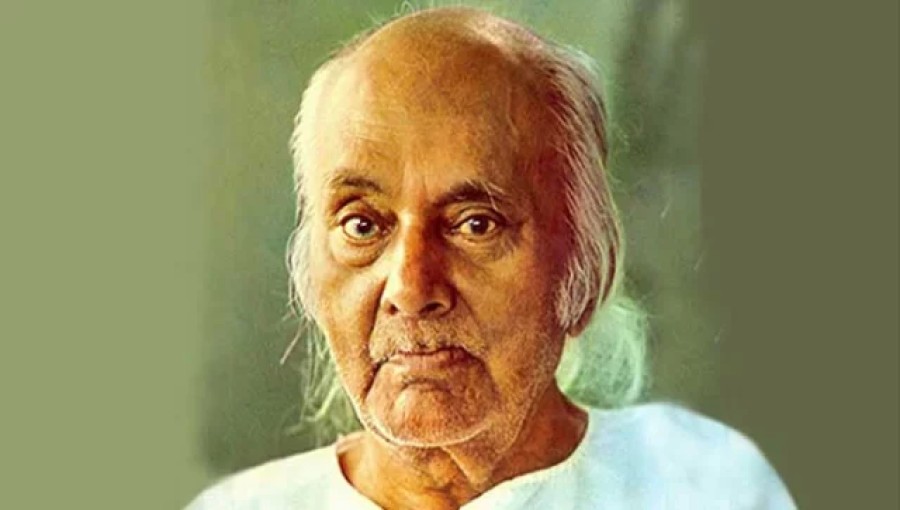
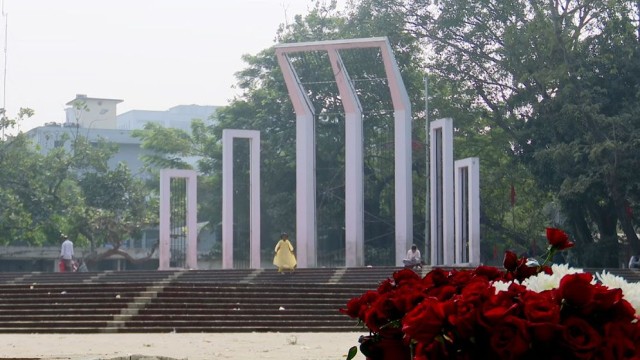

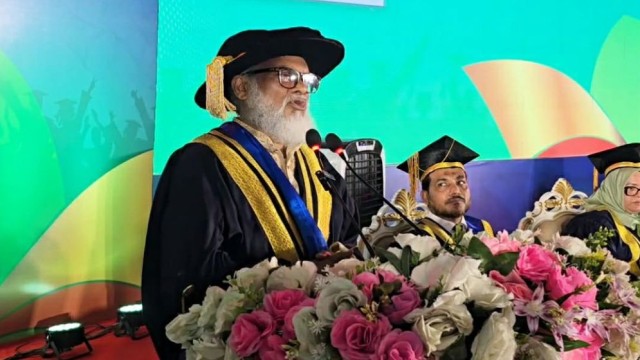
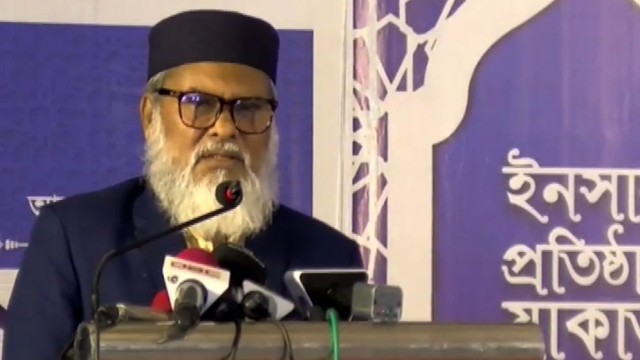

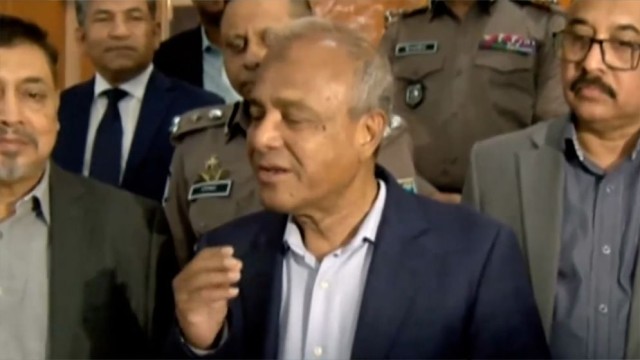

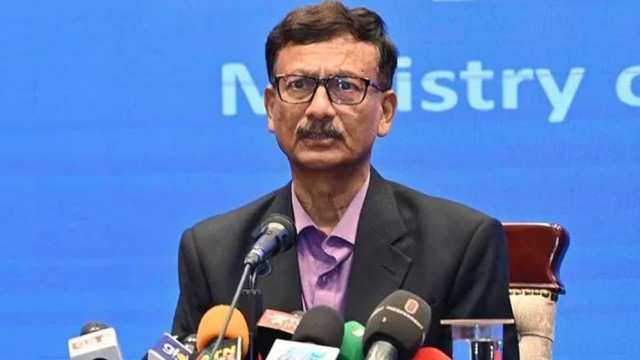

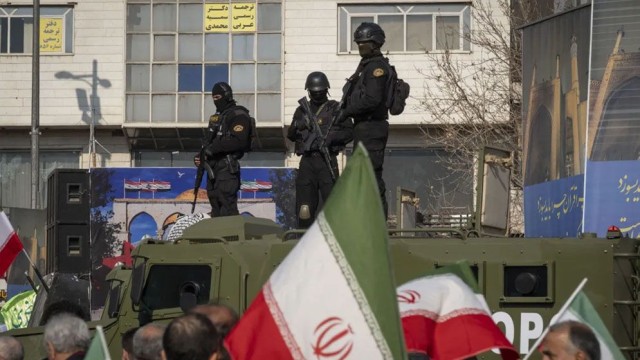

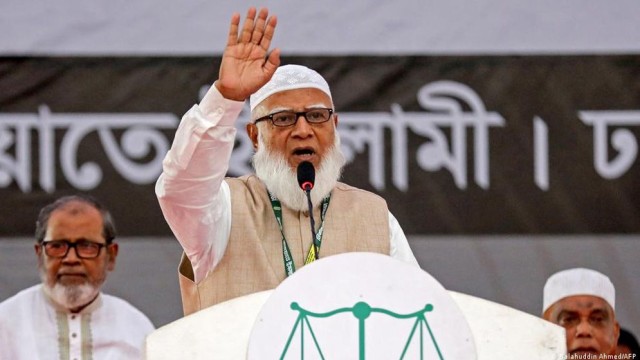
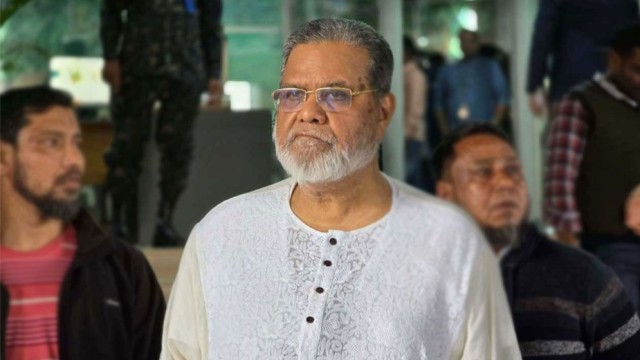







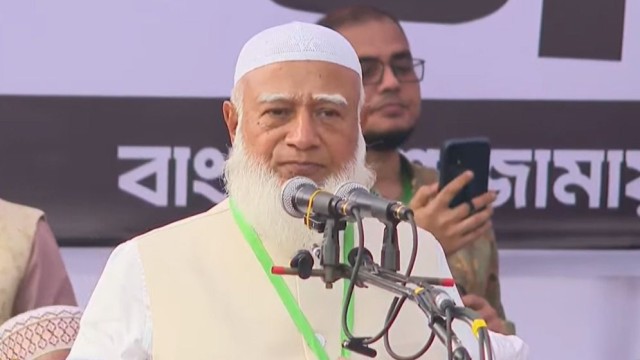
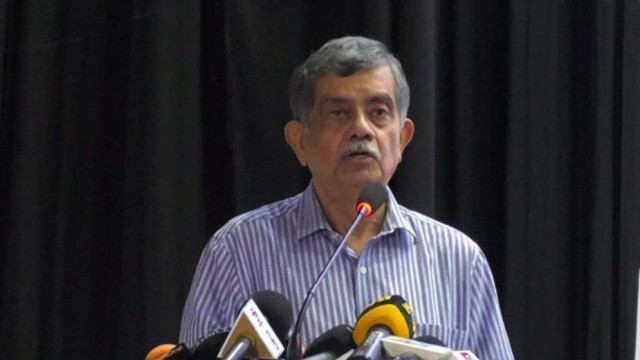
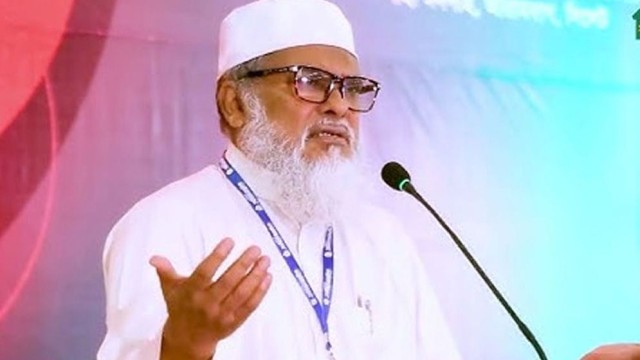

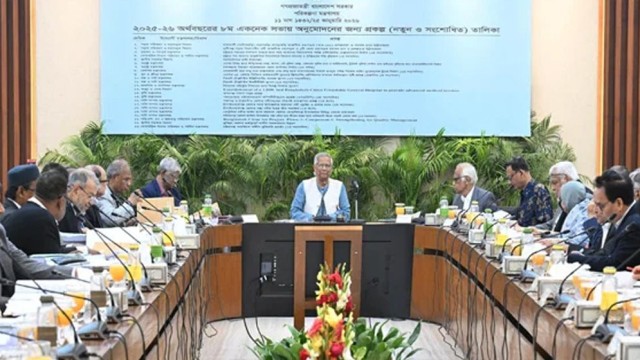
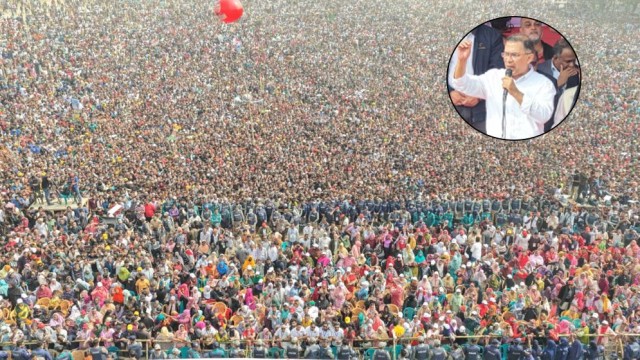
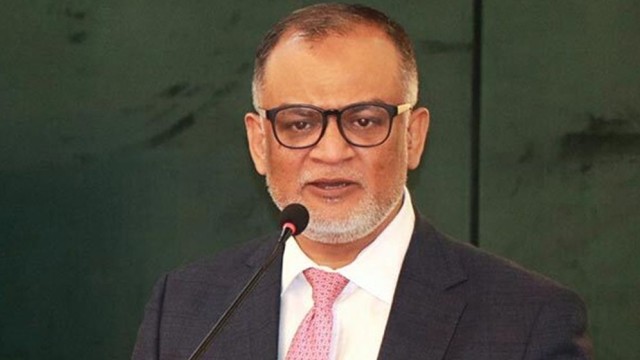
Comment: